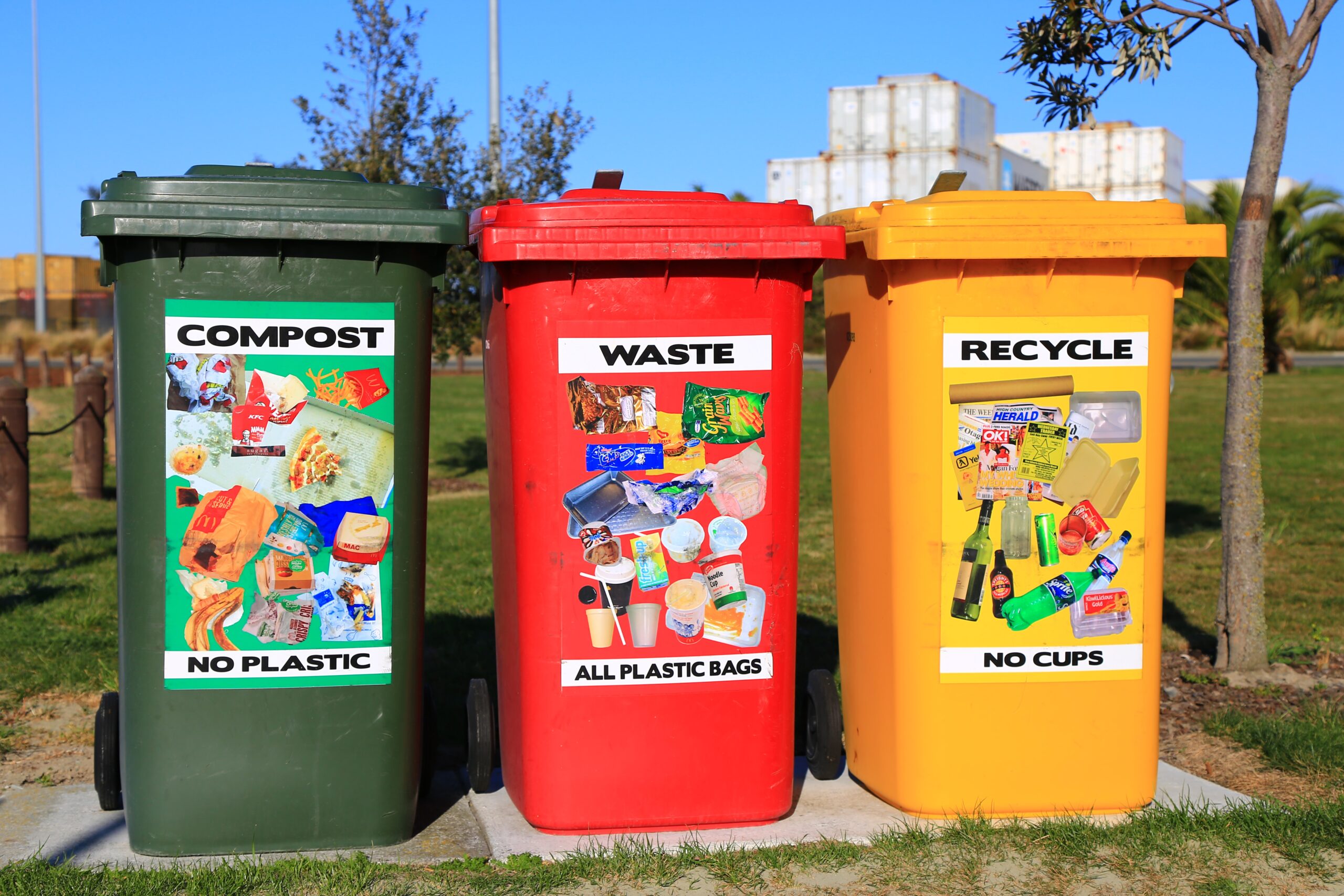Zero waste living is a movement and a lifestyle choice to reduce the number of resources a person wastes and minimize their harmful impact on the environment. Living a zero-waste lifestyle entails making choices to keep personal belongings to a minimum, not purchasing what you don’t need, reducing what you throw away, and buying from businesses that produce, manufacture, transport, and dispose of ethically.
The Importance Of Zero Waste Living
Over the last five decades, human consumption of resources has been higher than in all of history. This fast-paced, produce-waste system is unsustainable and needs to change. As consumers, we can make a huge impact on this system by making changes to our lifestyles.
The whole process of production, transport, and disposal can be affected if we purchase consciously, increase awareness, and dispose of our waste properly. Of course, you can’t eliminate all 100% of your waste, but you can come close.
Also, this can’t happen overnight – zero waste living is a whole process. We have prepared the basics of zero waste living if you want to help make a difference in improving the environment for us and our future generations.
The 5 Rs – Principles of Zero Waste Living
-
Refuse – what you don’t need. This is how nothing extra enters your home – which means nothing to waste! Also, refuse to buy from companies and brands that you know to produce, manufacture, or distribute unethically.
-
Reduce – what you do use. Not using as much of something means less is wasted overall.
-
Reuse – whatever you can. Can you continue using something by making a few repairs? Why buy single-use disposable utensils when you can buy reusable ones? Is it possible to buy whatever you are looking for secondhand?
-
Recycle – whatever you can’t refuse/reduce. Some items just can’t be recycled – it is best to avoid purchasing those items at all. Whatever can be recycled in any way should be recycled and not thrown away.
-
Rot – whatever is left. The last R consists of composting whatever you can. Food scraps, fruit peels, wood, and many more household items can be composted to return nutrients back into the earth.
Some Tips To Live A Zero Waste Lifestyle:
Eliminate Single-Use Items
Single-use items are some of the most harmful items to our planet. Things like single-use utensils, bottles, and paper towels all significantly contribute to our planet’s garbage problem. Use metal cutlery, refillable water bottles, and cloth napkins instead to minimize your waste.
Shop Thrifty
Purchasing secondhand and used items is one of the best ways of minimizing waste. There are no new resources used to produce used items, and you also prevent said items from ending up in a landfill. Clothes, appliances, and furniture can all be bought and used secondhand.
Get Involved
Getting involved with the community can help immensely. Support your local food bank by donating food that you aren’t going to eat; purchase from local farmers’ markets to minimize the waste from transportation.
Plan clean-ups with your community in and around local areas. Create awareness by posting and sharing about your zero-waste lifestyle. Contact local businesses about their production, transportation, and disposal policies.
Final Notes
We all need to do our part in saving the environment. If we continue walking this path of fast fashion, take-make-waste items, and unsustainable living, our planet will soon become unlivable for us and our future generations.
Start making a difference now. Spread the importance of zero waste living and begin living a zero-waste lifestyle by following the principles and basics of zero waste living.






